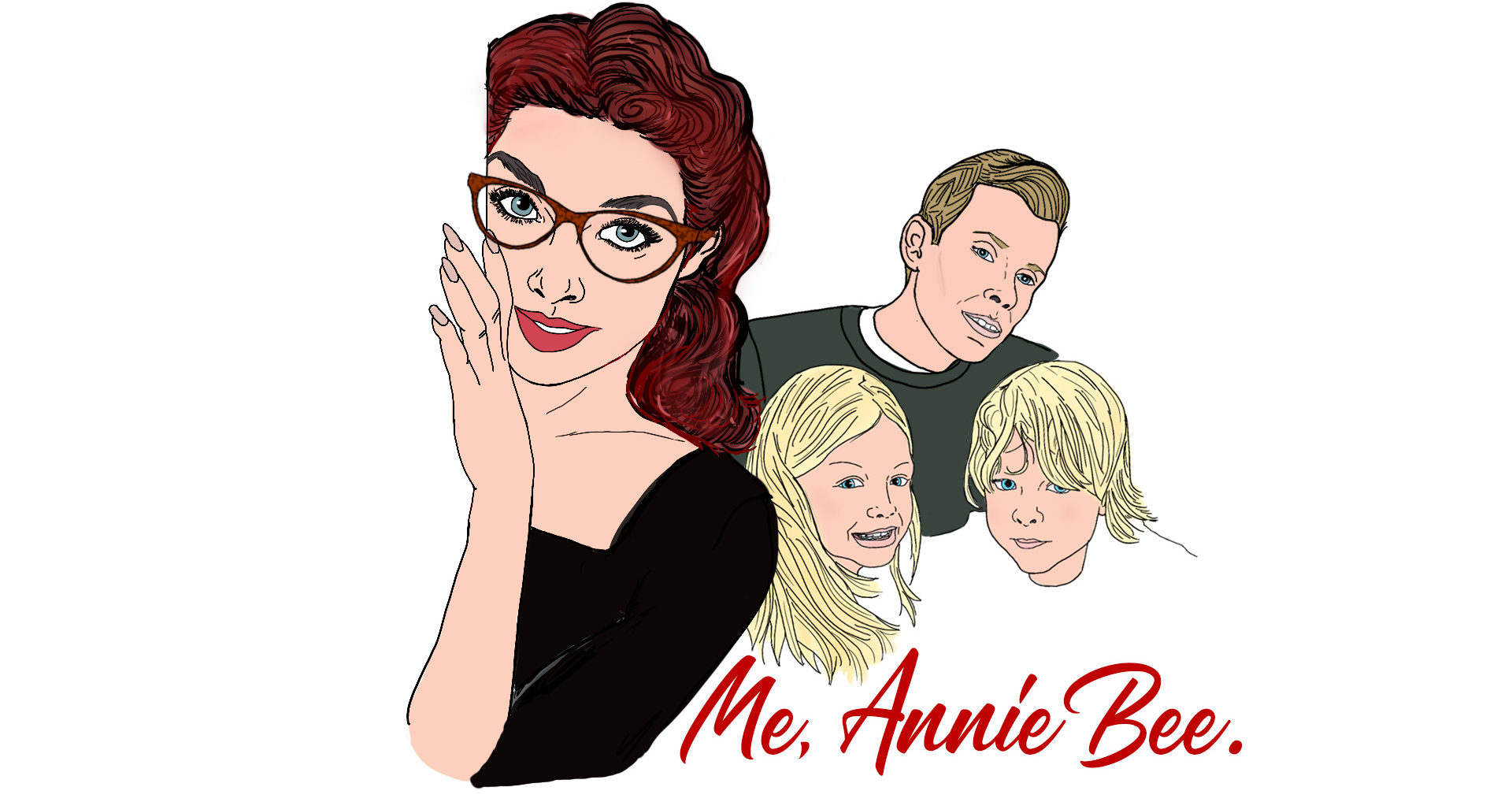
The benefits of support animals for children with disabilities.
It is commonly agreed that animals have a positive impact on our lives. Whether it is a warm greeting at the end of a long day or an excuse to go out and throw snowballs around in the snow, Brits love their furry friends.
Animals can have a life-changing impact on some, however. Support animals can be used in several different ways such as alerting their charges to medical issues or allowing them to navigate the world independently. Children with disabilities especially can benefit immeasurably. Here is why a support animal could be the perfect addition to your home.
Emotional and psychological support
Facing a disability, whether it was acquired at birth or later on in life, can lead to feelings of isolation, depression or anxiety. Emotional challenges can be as hard as the physical ones for children.
Having a support animal helps to provide an extra layer of companionship which helps your little ones to feel more secure and loved. You may find that your child feels able to confide in their furry friend which helps process emotions and thoughts.
Support pets can also reduce any stresses in the home and provide a calming influence. Emotional stability helps deal with traumas and frustrations surrounding disabilities.
Enhanced independence and mobility
One of the more iconic representations of support animals is guide dogs for those with sight impairments. Guide dogs are essential helpers when it comes to getting around independently. By forming a bond early on, your child will be able to enjoy a normal childhood when it comes to going to the shop alone or travelling to school independently.
Service animals that work as medical alert pets can also help with independence. Knowing that there is a way to identify medical issues before they are serious allows owners to go out and spend time away from the home, rather than feeling trapped inside.
Social integration and development
Being the proud owner of a support animal requires a lot of time and effort. You will likely need to attend classes and training courses to help the bond develop between the animal and your child. These classes can be invaluable for meeting people in similar circumstances and help to provide a network of friends who understand.
Accessing support animals: Legal rights and resources
The legal standing of your support animal depends on the job they are trained to do. For example, guide dogs are allowed into places where pets may not normally be such as restaurants or shops. Emotional support animals do not have the same legal protections and can be refused entry. Getting your child access to an appropriate service animal is often a long and arduous process, so it is worth bearing that in mind. Speak to charities who will be able to help you navigate the application process. Support animal funding is often sparse, so families need to bear the cost. You may be able to seek compensation in the form of brain injury claims, for example. This will provide the finances needed to support your child in any way necessary.
Share the love.
Related
You May Also Like

6 Ways to Combat Fatigue and Get Your Energy Back
November 3, 2022
Review: Asian Snacks from Morueats
October 15, 2023



